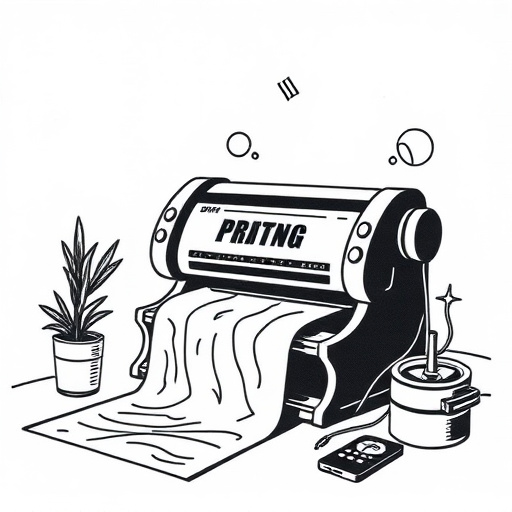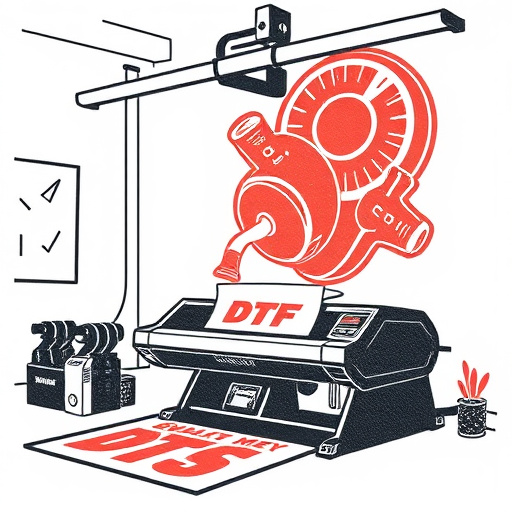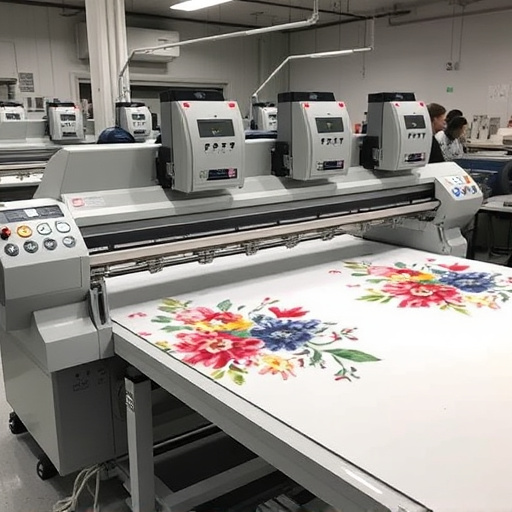Entrepreneurs in California's competitive market need to understand DTF California laws and regulations for business operations, licensing, intellectual property rights, tax management, and production methods like heat transfer printing. Complying with local zoning, permitting, and safety standards is crucial for long-term success, while leveraging the state's diverse population and fashion scene can drive innovation in direct-to-garment (DTF) printing and customization.
“Every aspiring entrepreneur dreaming of establishing their business in California needs to understand DTF California—the state’s dynamic tax framework. This article guides you through the legal intricacies, from navigating complex tax obligations to harnessing the vast opportunities presented by California’s thriving market. By delving into these key aspects, entrepreneurs can ensure compliance and capitalize on DTF California’s potential, setting the stage for a prosperous venture.”
- Understanding DTF California's Legal Framework
- Navigating Tax Obligations for California Businesses
- Maximizing Opportunities in California's Dynamic Market
Understanding DTF California's Legal Framework

Understanding DTF California’s Legal Framework
DTF California operates within a well-defined legal framework that entrepreneurs should be familiar with to ensure compliance and mitigate risks. The state has specific regulations regarding business operations, licensing, and intellectual property rights, all of which are crucial for any entrepreneur looking to establish or grow their venture in this environment. Key aspects include understanding local laws governing business formation, zoning, and permitting, as well as copyright and trademark protections for products like dtf printing and heat press designs.
Additionally, entrepreneurs must navigate the legalities of employing various production methods, including DTF transfers, to ensure they meet safety standards and industry best practices. Staying informed about these legal nuances is essential for long-term success in the California market.
Navigating Tax Obligations for California Businesses

Navigating California’s tax landscape can be a significant challenge for entrepreneurs, especially those new to the state. DTF California (Department of Tax and Fee) plays a pivotal role in regulating and collecting taxes from businesses operating within its borders. Understanding and adhering to these tax obligations is crucial for any entrepreneur to avoid penalties and ensure their business remains compliant.
For businesses engaging in activities like printing, clothing brand merchandising, or utilizing heat transfer paper (DTF heat transfer paper, DTF printing), it’s essential to familiarize themselves with California’s sales tax rules, use tax regulations, and employment tax requirements. This includes registering for a business license, obtaining necessary permits, and accurately reporting and paying taxes on time. The state offers various resources and tools to assist businesses in managing their tax responsibilities, making the process more accessible than ever.
Maximizing Opportunities in California's Dynamic Market

California’s dynamic market presents unparalleled opportunities for entrepreneurs, especially in the realm of direct-to-garment (DTF) printing and customization. The state’s diverse population and thriving fashion industry create a vast demand for unique, personalized apparel. By embracing DTF California techniques, businesses can offer customers an extensive range of design possibilities, from intricate cold peel dtf transfers to custom sheets for heat pressing onto garments. This approach allows entrepreneurs to cater to the ever-evolving trends, ensuring their products remain fresh and appealing in a competitive market.
Leveraging DTF technology enables startups and established brands alike to streamline production while maintaining exceptional quality. The efficient use of dtf heat transfer paper ensures fast turnaround times without compromising on design complexity or detail. With California’s strong consumer culture, there’s a consistent need for innovative, locally-sourced fashion solutions, making it an ideal market for entrepreneurs looking to leave their mark in the industry.
DTF California offers immense opportunities for entrepreneurs, but navigating its legal framework and tax obligations is crucial. By understanding these aspects and leveraging the state’s dynamic market, business owners can maximize their potential and thrive in this vibrant environment. Embracing these strategies ensures a solid foundation for success in the competitive landscape of DTF California.














